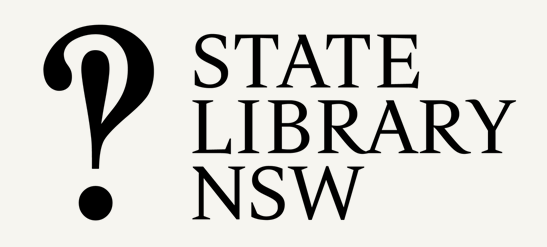NSLA and ALIA made a joint response to this enquiry.
Executive summary
Digital technologies have brought considerable benefits to the world. As just a simple example, when the COVID-19 pandemic forced Australia into lockdown, Australian libraries were able to continue to serve their communities, providing access to bestselling ebooks and audiobooks, academic journals and eresources, and Australian history. Platforms such as Trove, which acts as a portal to collections across the country, from national institutions to small public libraries, have used digital technologies to preserve and enrich our cultural heritage, harnessing the contributions of volunteers and supporters across the country.
Digital platforms with a monopoly or significant market share, however, are restricting libraries’ ability to purchase and use eresources. This directly affects the ability of libraries to do their job, as well as the livelihoods of Australian creators, and the privacy and amenity of library patrons. In addition, the increasingly complex information landscape and influence of misinformation increases library workloads in supporting literacy and learning, especially in the realm of media literacy. With the increase in consumer-facing AI, significant action from the government is needed to support libraries and other institutions as they work to improve information and media literacy in the population.
To address these challenges, ALIA and NSLA recommend:
- increased measures to protect libraries, artists and consumers when dealing with monopolistic or monopsonic corporations
- action to ensure that libraries can continue to collect the national historical record
- increased transparency from digital platforms
- the development of a National Strategy for Media Literacy and further support for libraries providing media literacy support to the community.
Responses to select consultation questions are addressed in the full submission document: Submission: Inquiry into the influence of international digital platforms









